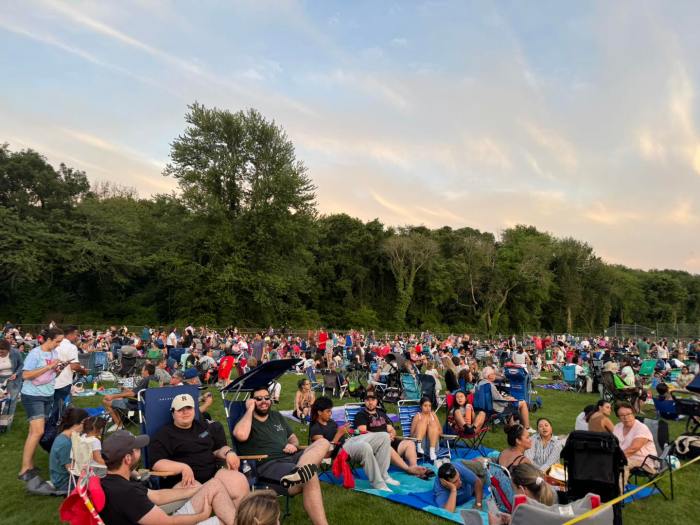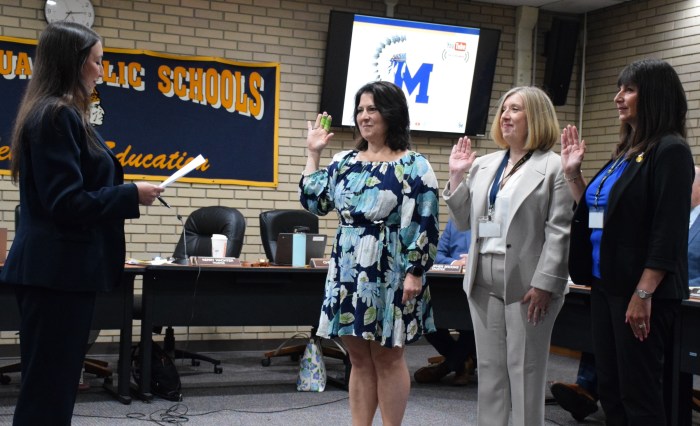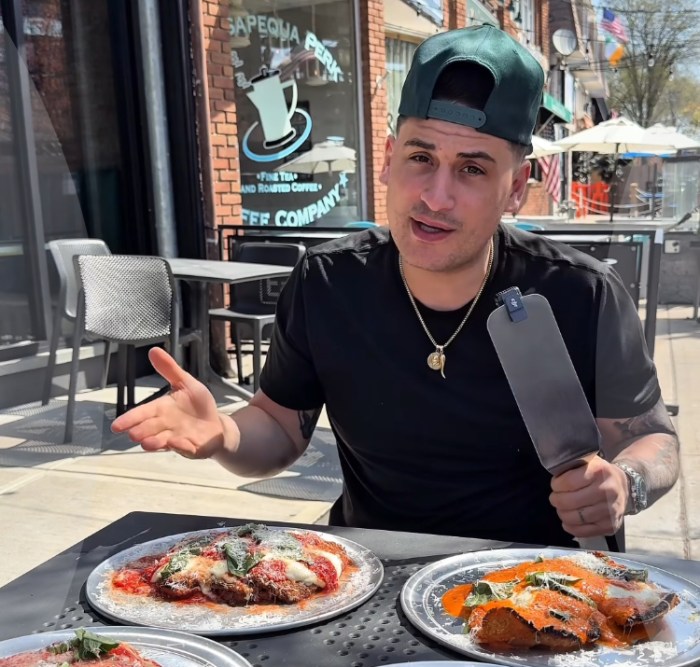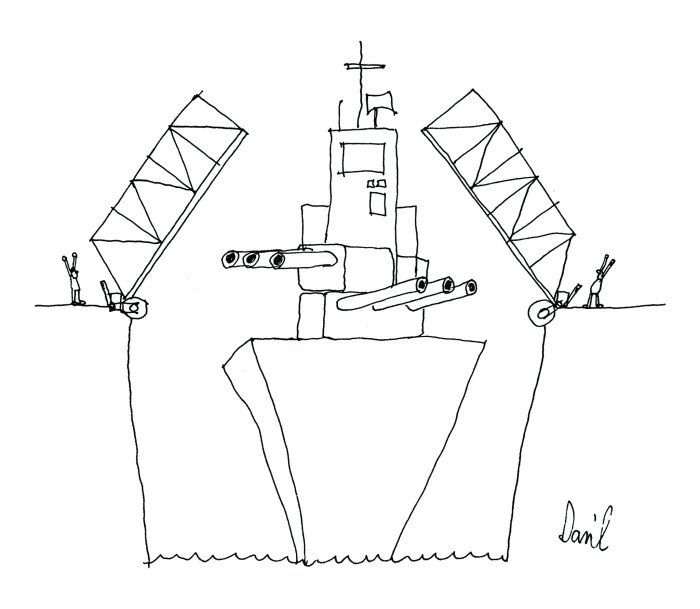It’s easy to write a check to a charity, it’s another thing to actually do something that will effect a positive change in people’s lives.
One such person affecting change is Dr. Elliot Siegel, an oral maxillary surgeon in Massapequa. For the past 16 years, he has been going to the far corners of the world with Doctors Without Borders and the Flying Doctors to volunteer in war-torn areas and disaster sites. It all began when Siegel turned 50 and decided it was time to give back. Since then, for two weeks every summer he shuts down his office and at his own cost flies out to areas in need. He recently returned from Jordan where he and a small band of doctors and nurses took care of 125,000 Syrian refugees.

During his charitable work, the 66-year-old has traveled to the Amazon, Equador, El Salvador, Haiti, Senegal and Myanmar — but his most recent trip to Jordan had a profound effect on his life.
“My family is usually very supportive of my trips, but this time I met a lot of resistance from them because of the uncertainty of the turmoil that was going on,” he said.
Armed with stacks of photos, Siegel described the scenes he encountered.
“Out in the desert with brutally hot temperatures are rows and rows of tents,” he said. “The devastation, the despair, the look on children’s and on the adult faces. These people have been taken from their homes and have been abused at all different levels. They have no place to go and nobody wants them. The unemployment rate in Jordan is high so they don’t want them. The UN takes care of these people because they have no homes. Where are they going to go? They can’t go back to where they came from so they are stuck in these camps. It’s a horrible situation.”
For safety reasons, the doctors set up a medical site in a nearby church that had no electricity, no running water and no bathrooms and would work from sun up to sundown. The patients were bussed in to the site. Siegel recalled the haunting looks on people’s faces.
“One little 8-year-old girl I was treating had shrapnel wounds to her face. As I was picking the pieces of shrapnel I was trying to get her to smile. I blew up a glove and made a balloon and put stickers on her,” he recalled. “But there was no effect whatsoever. Her eyes were dark, sunken and no facial expression. One of the interpreters told me this was a classic example of post-traumatic stress syndrome. This girl had seen both of her parents killed in front of her and that was a fairly common story. These people have seen such terrible things that we can’t even imagine.”
This kind of work and situation can also take its toll on the volunteers when they return home Siegel said.
“I remember standing in Costco looking at all of the types of cereals they had to choose from, and I started to sob as my mind flashed back to what I witnessed,” he said. “People would wait for days to get their ration of rice and a five pound jug of water from the UN and I am deciding between honey nut cereal and Cheerios and how many boxes I can fit in my cart before I check out. It sobers you.”
The volunteers are often debriefed after their trip by either a psychologist or a social worker to see how they are adjusting. Siegel noticed that any place he volunteered the scenario was always the same: As soon as people found out about free help, there were lines that grew by the hundreds daily. He expressed his frustration at not being able to see all of them because of physical exhaustion and the end of the daylight.

Siegel shared the advice one counselor gave him upon his return home.
“You have to think of it this way: It’s a drop in the bucket, but that drop fills the bucket and the bucket fills the lake. You can’t think about who you didn’t see, you have think about who you did see. That put it in perspective for me,” he said.
On politics, the volunteers were advised not to speak about it. And this gave Siegel even more perspective on his life.
“What are you going to talk about the Mets and Yankees? I am very happy to be an American because I grew up with freedom, freedom of speech, freedom of person, freedom of being,” he said. “I go where I want to go and say what I want to say without fear of reprisal. I would express this to them but it didn’t compute because they didn’t grow up with those types of freedom. The only thing they know is who do they have to annihilate to elevate their position.”
“It changed me in many ways. It made me more appreciative, more aware, more humble and thankful that I have a gift I can pass on to others,” he said. “It shows you in a global sense what is really important and it’s about people. It’s not about politics and it’s not about the dollars and cents. Appreciation is the coin of the realm. To see a person smile doing something that you can do because you have been taught to do it and now passing that bank of knowledge to make somebody better. If you don’t have experiences you don’t have a life.
Siegel said traveling to far flung reaches of the globe to help others is something he will continue to do until he is no longer able.
“My father always taught me that life is kind of like a boat. You can sit in the marina, have a good time listening to the radio and having a meal or you can take the boat out and experience life,” he said. “We are only on Earth for a short period of time and I want to experience and give back whatever skills I have been given to help other people and have an adventure at the same time. That is a win win situation.”































